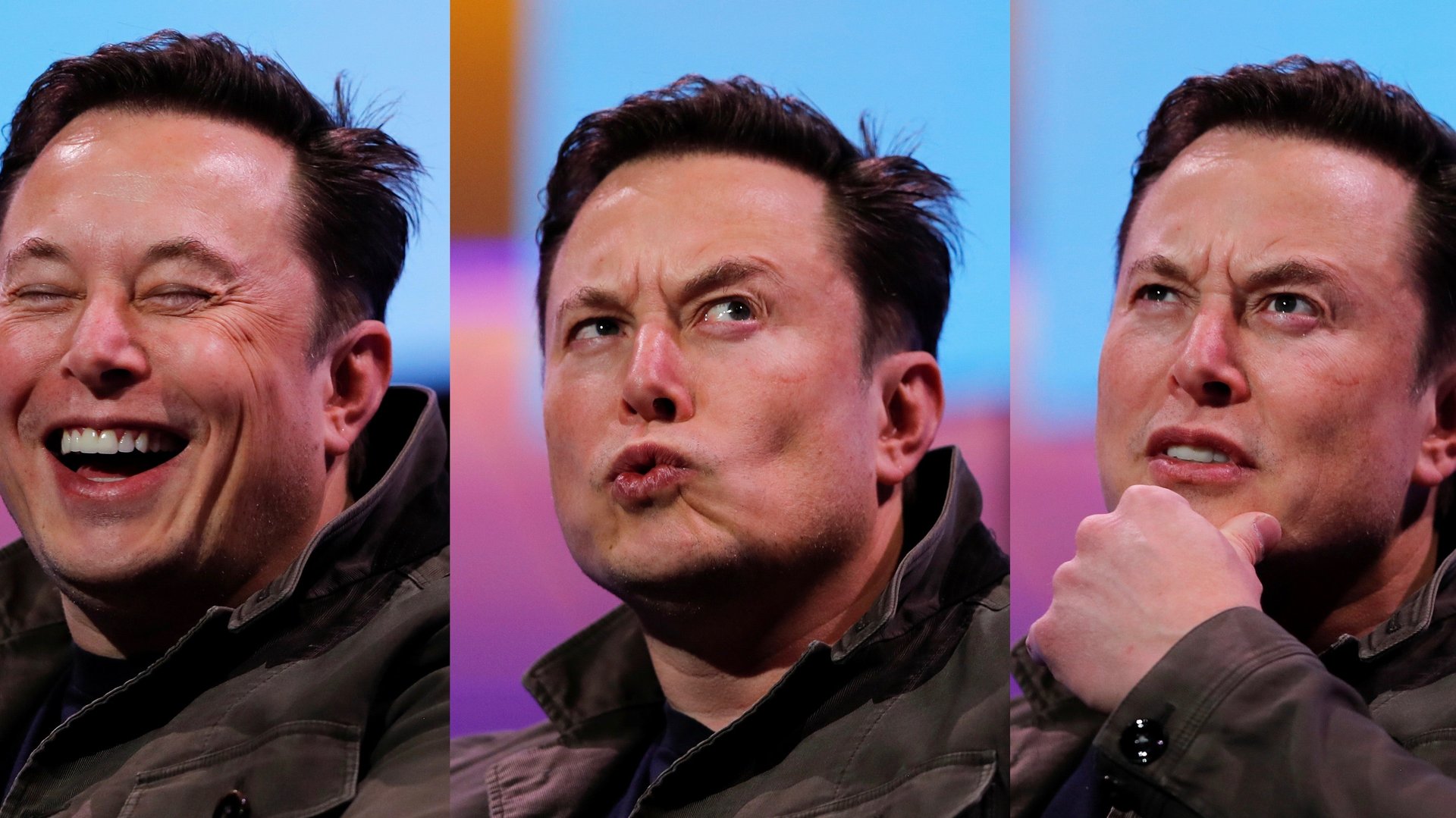Elon Musk wants to put an AI interface in your brain. Should you be worried?
Elon Musk, member of the PayPal mafia, co-founder of the electric vehicle company Tesla, a man who dreams of boring tunnels under cities and hurtling people over hundreds of miles through hyper loops, wants us to trust him with our lives and our brains.


Elon Musk, member of the PayPal mafia, co-founder of the electric vehicle company Tesla, a man who dreams of boring tunnels under cities and hurtling people over hundreds of miles through hyper loops, wants us to trust him with our lives and our brains.
In addition to the cars, tunnels, and vacuum tubes, the serial entrepreneur also has a company which works on brain-machine interfaces (BMI) called Neuralink. On July 16, Musk announced that it’s making progress toward its goal of wedding natural and artificial intelligence in humans. Neuralink was founded in 2017 and Musk has kept mum about just what the company is up to ever since. Now, he has revealed what his team has been working on.
Neuralink and other companies working on BMI are creating devices for people who are disabled, in attempts to allow people without control of their body parts to control devices with their minds. BMIs aim to further integrate technology into the human experience by bypassing intermediary steps, like hands, creating a direct channel of exchange between the brain and machines. In his paper and presentation, Musk argued that Neuralink’s approach is superior to that of competitors, using new materials and methods to create its interface, making its BMIs less likely to cause brain damage.
Neuralink claims it has innovated flexible “threads,” which are gentle on the brain and may make it possible to transfer a higher volume of data between the mind and Musk’s machines. “Each thread can be individually inserted into the brain with micron precision for avoidance of surface vasculature and targeting specific brain regions. The electrode array is packaged into a small implantable device that contains custom chips for low-power on-board amplification and digitization,” the paper states. “Neuralink’s approach to BMI has unprecedented packaging density and scalability in a clinically relevant package.”
🎧 For more intel on Neuralink, listen to the Quartz Obsession podcast episode on prosthetics. Or subscribe via: Apple Podcasts | Spotify | Google | Stitcher.
Take Musk’s claims with a grain of salt. For one thing, Neuralink is relatively new to the neurotech business, which is itself a somewhat novel area of exploration. Musk’s company was just getting started as brain technology seemed bound to boom. Neurotech Reports, an industry analyst, projected in 2016 that the $7.6 billion neurotech market could reach $12 billion by 2020 and Wired magazine called 2017, “a coming-out year for the brain machine interface (BMI).”
Another reason to be wary, Musk loves futurology. He’s ready for tomorrow. But whether his products are isn’t always clear. Max Hodak, president of Neuralink, who also spoke at the announcement, admitted that he wasn’t originally sure “this technology was a good idea.” He said, however, that Musk convinced him of its possibilities.
Even Musk knows that he has to take it a little slow. He insists that people have nothing to fear. “It’s not going to be suddenly Neuralink will have this neural lace and start taking over people’s brains,” Musk said. Rather, he hopes Neuralink will help humans “to achieve a symbiosis with artificial intelligence.”
But all of that is still a long way off. Neuralink is still working on testing its BMI on rats and will need FDA approval to try it on humans. The company isn’t ready for that yet and Musk made it a point to say he hoped his presentation would help to attract talent to advance the experiment.